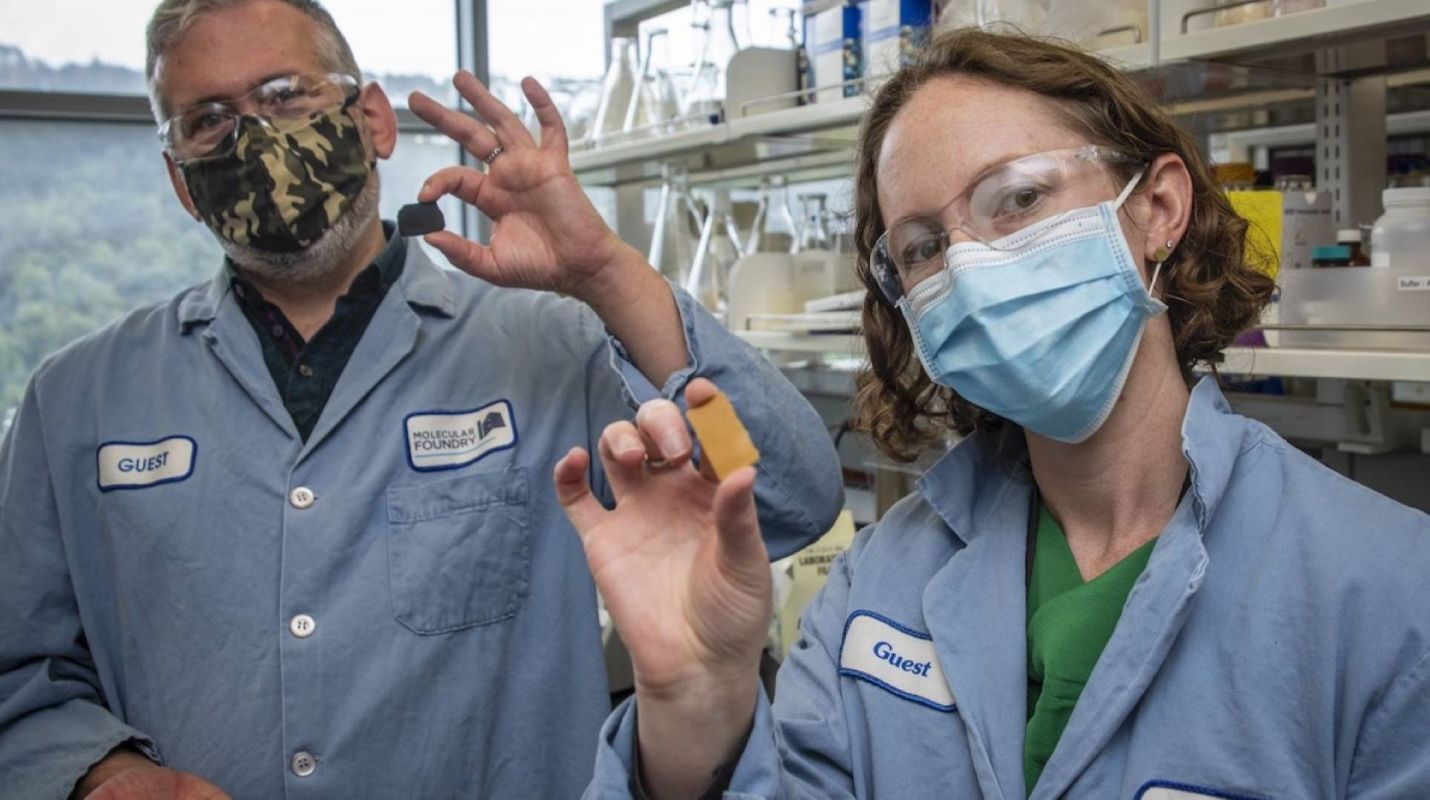Scientists are turning to an odd partner in the search for a better plastic: E. coli.
In a fascinating use of bioengineering, experts at the Energy Department's Lawrence Berkeley National Laboratory have created a form of the bacteria that can create "renewable, infinitely recyclable" base materials for plastics, called PDKs for short.
It's huge news for our planet, which is being covered in about 441 million tons of plastic refuse (yes, all those single-use straws and such add up to be a big problem) annually, according to the United Nations Environment Programme.
Plastic not only pollutes our oceans, but microparticles are in our blood. Henry Ford Health cited a study that found about 77% of people tested had microplastics in their veins.
The good news is that experts at Berkeley Lab, which is managed by the University of California, may have found the perfect breakthrough at a critical time. In a neat showcase of science, the E. coli turns sugars from plants into raw materials to make renewable plastics with an 80% biocontent.
"We've demonstrated that the pathway to 100% biocontent in recyclable plastics is feasible," Jeremy Demarteau, a scientist involved with the work, said in a Berkeley Lab story on the project.
Berkeley Lab reported that the most recyclable type of plastic is only reused 20% to 30% of the time.
The PDK-made plastic, however, breaks down easily. A GIF on Berkeley Lab's website shows a time-lapse clip of a piece of plastic being dissolved by acid.
The applications of the research are wide-ranging.
The experts claim the alternative method produces a material that can help make adhesives, flexible cables, watchbands, and building materials.
Another big perk is replacing costly, dirty oil and natural gas such as petrochemicals in the process of making plastic. In fact, the team said the PDK version outperforms plastics made with fossil fuels.
The PDKs hold up in an increased working temperature range, outperforming petrochemical plastics in this area. This opens the door for use as sports gear and in the automotive industry (imagine a solar electric vehicle made with PDK parts), among others, according to the research.
"It's the first time that you see a bioadvantage over using petrochemicals, both with respect to the material's properties and the cost of producing it at scale," Brett Helms, the project's lead scientist, said.
Now, the research team is ready to perfect production.
"Our new results are extremely encouraging," Corinne Scown, a scientist at Berkeley Lab, said in the report. "We found that with even modest improvements to the production process, we could soon be making biobased PDK plastics that are both cheaper and emit less CO2 than those made with fossil fuels."
Join our free newsletter for weekly updates on the coolest innovations improving our lives and saving our planet.









